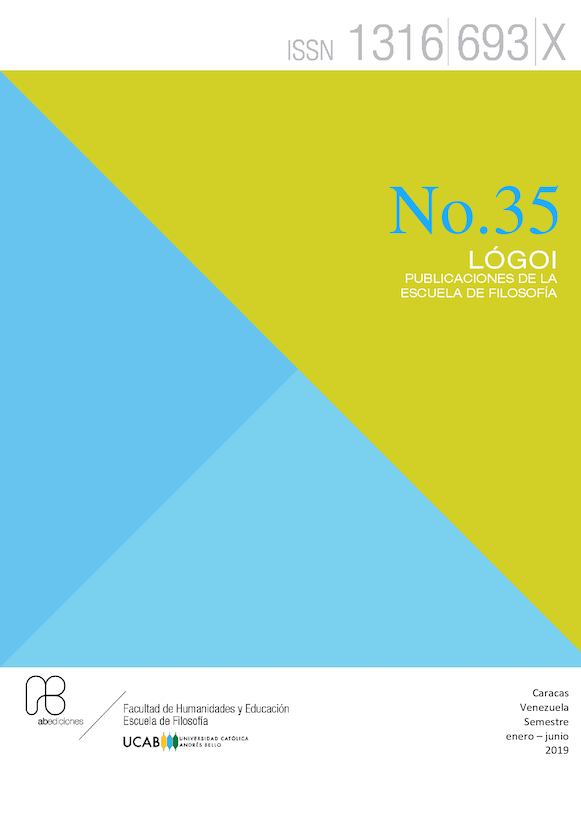Thing theory y la cuestión de la materialidad en los estudios culturales y literarios
DOI:
https://doi.org/10.62876/lr.vi35.4106Palabras clave:
Thing theory, Bill Brow, sujeto, objeto, materialidad, agencia, estudios literarios y culturalesResumen
Desde la década de 1990 han proliferado en los estudios culturales y literarios aproximaciones teóricas y metodológicas fundamentadas en el análisis de objetos materiales y en la reconceptualización de la materialidad. Entre estas perspectivas, sobresale la escuela de pensamiento thing theorydesarrollada por el académico norteamericano Bill Brown en “Thing Theory” y A Sense of Things. Para el autor, existe una distinción clave entre “objeto” y “cosa” con base en la fenomenología de Heidegger que permite alcanzar una correspondencia ontológica entre el sujeto y el mundo físico. Este artículo explora los postulados que dan base a thing theory, haciendo referencia a otras corrientes teóricas dentro del llamado “giro material” en las humanidades del siglo XXI. Asimismo, se expone el alcance y limitaciones de las interpretaciones “materialistas”, su productividad de análisis en los estudios literarios y culturales, además de proponerse vías futuras de investigación.
Descargas
Citas
Appadurai, Arjun: The Social Life of Things: Commodities in a Cultural Perspective, ed. Arjun Appadurai, (Cambridge, Cambridge University Press, 1988), p. 4.
Baudrillard, Jean: The System of Objects, tr. James Benedict, (New York, Verso, 1996), p. 10.
Benjamin, Walter: The Arcades Project, (Cambridge, Harvard University Press, 1999), p. 354.
Bennett, Jane: Vibrant Matter. A Political Ecology of Things, (Durham, Duke University Press, 2010), p. 12.
Brooks, Peter: Body Work. Objects of Desire in Modern Narrative, (Cambridge, Harvard University Press), p. 15.
Brown, Bill: “Thing Theory”. En Things, ed. Bill Brown, (Chicago, University of Chicago Press, 2004).
Brown, Bill: A Sense of Things. The Object Matter of American Literature, (Chicago, University of Chicago Press, 2003).
Freedgood, Elaine: The Ideas in Things. Fugitive Meaning in the Victorian Novel, (Chicago, Chicago University Press, 2006), pp. 2, 4.
Latour, Bruno: We Have Never Been Modern, (Cambridge, Harvard University Press, 2002), pp. 10-11.
Leuner, Krysten: “‘The end of all the privacy and propriety’: Fanny’s Dressing Room in Mansfield Park”. En Bodies and Things in Nineteenth-Century Literature and Culture, ed. Katharina Boehm, London, Palgrave MacMillan, 2012, pp. 45-65.
Marx, Karl: Capital. A Critique of Political Economy, tr. Ben Foukes, ed. Ernest Mandel, (New York, Vintage Books, 1977 (1867)), p. 82.
Merleau-Ponty, Maurice: Phenomenology of Perception, London: Forgotten Books, 2015, p. 215.
Merleau-Ponty, Maurice: The Visible and the Invisible, Northwestern University Press, 1968, p. 137.
Tilley, Christopher: “Introduction: Theoretical Perspectives”. En Handbook of Material Culture, eds. Cristopher Tilley et al., (London, Sage, 2006), p. 10.
Tilley, Christopher: “Objectification”. En Handbook of Material Culture, eds. Cristopher Tilley et al., London, Sage, 2006, p. 61.
Publicado
Cómo citar
Número
Sección
Licencia
Derechos de autor 2023 Dra. Inés Corujo Martín

Esta obra está bajo una licencia internacional Creative Commons Atribución-NoComercial-CompartirIgual 4.0.









.png)









